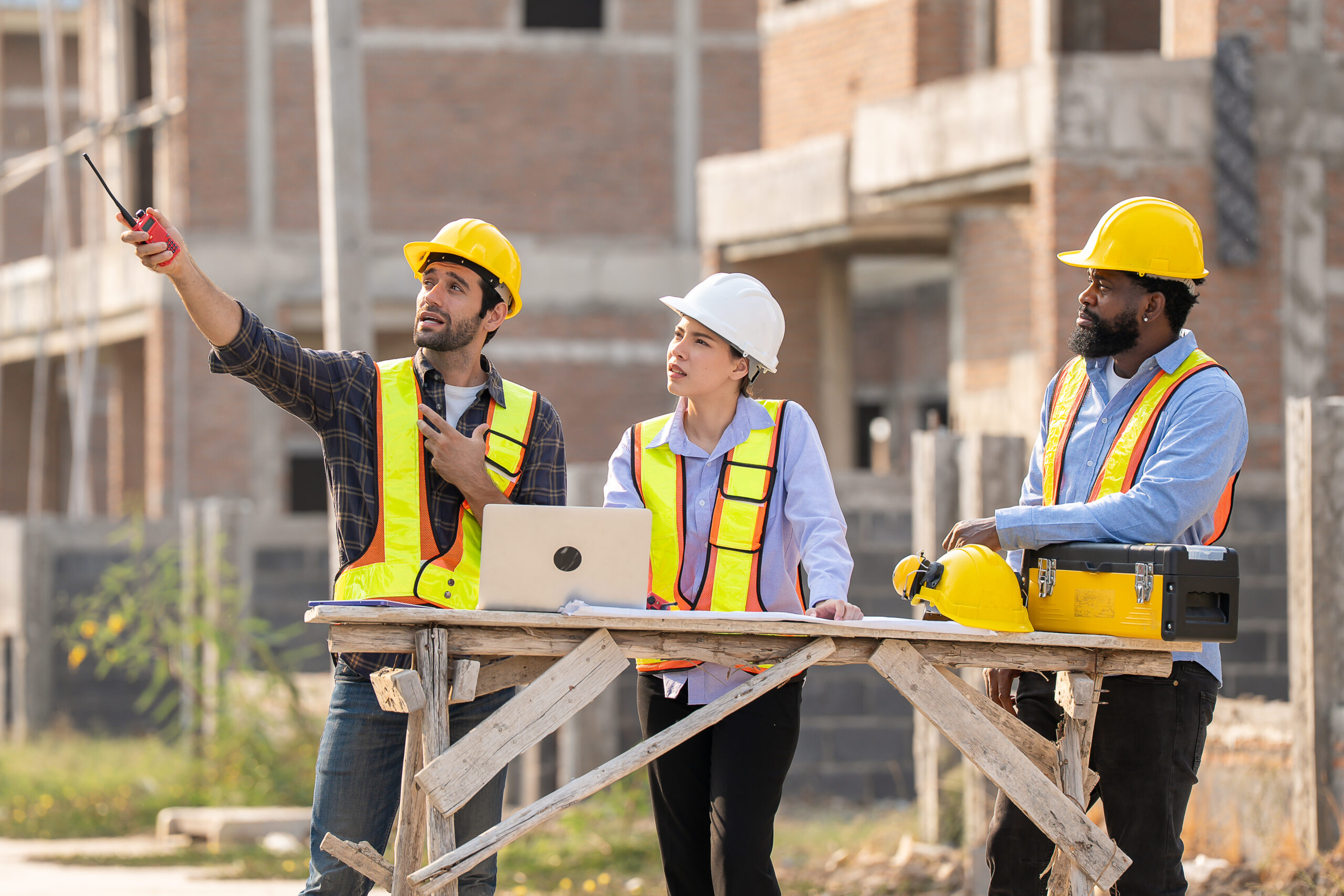Every successful home build begins with a vision, but turning that vision into reality requires more than design inspiration or aesthetic choices. It takes skilled professionals who understand how to bring structure, stability, and functionality to life from the ground up.
Civil construction contractors play a behind-the-scenes role that has a lasting impact on the safety, performance, and longevity of your home. Their decisions and workmanship influence everything that follows—often in ways that homeowners don’t see but definitely feel over time.
Overlooking their role can lead to costly complications and delays that could have been avoided with the right expertise in place. That’s why choosing the right contractor is as important as choosing the right layout or location.
Read on to understand why civil construction contractors are essential to every home build.
Quality of Infrastructure and Utilities
Behind every functional home is a network of systems working quietly in the background. Civil contractors are responsible for laying that groundwork with precision and long-term planning.
Here are the critical areas where their expertise makes all the difference:
- Drainage and grading: Proper land contouring helps direct rainwater and runoff away from the home’s perimeter. This minimizes the risk of pooling, water seepage, and erosion, which could otherwise compromise surrounding features like landscaping or patios.
- Utility installation: Contractors prepare and install underground systems for water, sewage, and sometimes electrical conduits. These installations require careful trenching, depth calculation, and alignment to ensure reliable performance and easy future access if maintenance is needed.
- Paving and exterior groundwork: From driveways to walkways, well-executed paving improves usability and appearance. A reputable civil construction company offering grading, paving, drilling, and blasting services for a wide range of development projects will deliver these features with accuracy and efficiency.
These unseen elements form the backbone of your home’s daily function—and when done right, they last for decades.
Foundation and Structural Integrity
Your home’s stability starts long before walls go up. Civil contractors handle critical steps that directly affect how your house performs and lasts.
The following are key responsibilities they manage to ensure strong structural support:
- Site preparation: Before any construction begins, the land must be cleared of trees, rocks, and debris. Grading is done to create a level surface that can bear the weight of the structure. If this step is rushed or skipped, future issues like uneven floors or wall cracks can surface due to shifting soil or improper drainage.
- Laying the foundation: Whether it’s a slab-on-grade, a crawl space, or a full basement, the foundation must be accurately poured, reinforced, and cured. This includes using the right mix of materials, managing moisture, and installing rebar or post-tension cables where needed. Every detail here directly affects your home’s structure, influencing how it holds up under pressure, resists moisture, and settles over time. A poorly executed foundation can lead to costly fixes down the line, including settling, shifting, or water intrusion.
- Structural support: Contractors install components like footings, grade beams, and retaining walls according to engineering specifications. These elements distribute weight evenly and protect against soil movement or pressure. Ensuring these supports are placed and reinforced properly helps your home stay level and secure over time.
Strong foundations don’t happen by chance. They come from careful planning and skilled execution at every stage of early construction.
Compliance With Regulations and Safety Standards
Keeping a residential project legal starts long before a shovel hits the ground. A civil construction contractor must stay current with zoning ordinances, environmental restrictions, and land-use policies that affect how and where a home can be built. Missteps here don’t just delay work—they can shut it down entirely.
Beyond zoning, compliance extends to construction techniques and material standards. Local agencies expect strict alignment with up-to-date building codes, covering everything from structural reinforcements to drainage systems. This is where seasoned professionals with substantial construction experience bring real value, knowing exactly how to apply the rules without compromising build quality.
To maintain jobsite safety, these teams implement job-specific protocols tailored to the project’s scale and terrain. Unlike commercial environments, home sites often lack the space or resources for large safety setups, so innovative solutions—such as staggered shift work and mobile hazard monitoring—keep risks manageable. A reliable civil contractor doesn’t just meet safety requirements; they anticipate threats and adjust quickly to avoid construction disruption.
Efficient Project Management and Coordination
Managing a residential build involves more than just staying on schedule—it’s about maintaining order across a highly active site. Civil contractors coordinate equipment usage, material staging, and labor deployment to keep the project flowing without unnecessary delays. Their role ensures that each phase transitions smoothly into the next without creating costly hold-ups.
To maintain momentum, civil construction contractors anticipate issues before they interrupt progress. Whether it’s weather complications, subcontractor gaps, or equipment availability, seasoned professionals bring innovative solutions that minimize downtime and keep the site moving efficiently. Their approach reduces construction disruption and helps control avoidable costs.
Clear communication and structured workflows are also key. These professionals work closely with their network of construction professionals to align timelines, manage dependencies, and ensure that everyone on-site understands the current priorities. This level of coordination is especially important during complex build phases and helps maintain consistency, quality, and forward momentum throughout the entire project.
Final Thoughts
Building a home is often seen as a creative and emotional process—but it’s also deeply technical. While design decisions shape how a space looks and feels, it’s the early construction work that determines how well it functions for years to come. Civil construction contractors bring order to complexity. They make sure that what you don’t see never becomes a problem you can’t ignore. Investing in the right expertise at this stage isn’t just smart planning—it’s what turns a build into a home that stands the test of time.


